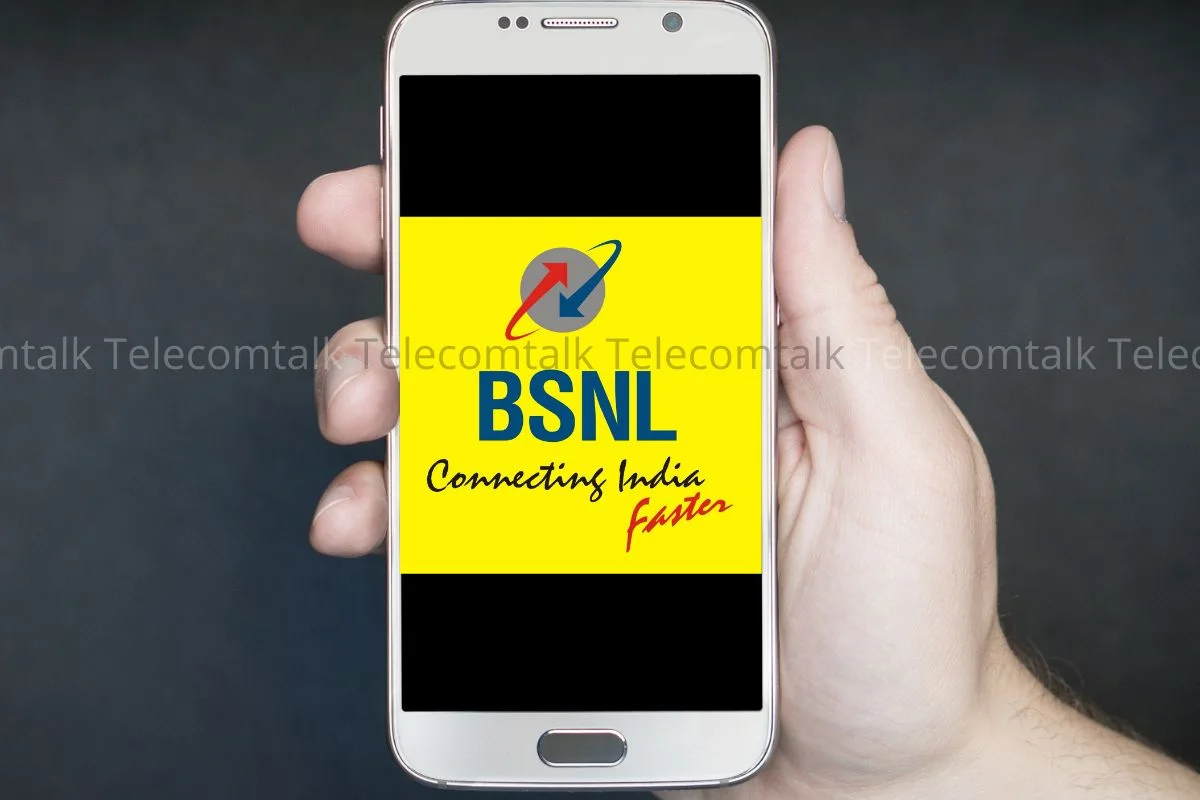
Bharat Sanchar Nigam Limited (BSNL) and Bharat Broadband Network (BBNL) merger is on the books for the government. BSNL is the only state-run Indian Telecom operator struggling to roll out 4G network services in the country. BBNL is the entity set up to connect gram panchayats with optic fiber to deliver high-speed broadband internet connectivity (Bharatnet project).
The Bharatnet project was an ambitious goal from the Indian government launched back in early 2012 to deliver 100 Mbps speed connectivity in rural areas of the country when there wasn’t even 4G coverage. But in 2022, when India is moving towards 5G, the Bharatnet project is struggling to stand tall. From the 2,50,000 gram panchayats initially decided, the Indian government revised the target to connect 6,00,000 gram panchayats with optical fiber by 2025.
However, since BBNL hasn’t been able to effectively and efficiently manage the goals of the Bharatnet project, the Indian government might go ahead with the merger of both entities.
Will BSNL and BBNL Both Benefit From the Merger
It will be a curious case to see both BSNL and BBNL working it out together. BSNL will certainly benefit from the fiber assets already deployed by BBNL in rural India and BBNL will benefit from the experience that BSNL has.
BSNL has been struggling with its fiber deployment to scale broadband business as it doesn’t have resources. 4G is also going to involve a lot of capex which will only run upwards with 5G in rollout in the future.
It will be interesting to see how BSNL and BBNL merger will work out. Bharatnet is a great initiative poorly executed by the Indian government. BBNL is the special purpose vehicle (SPV) meant to run the show for the government with respect to the Bharatnet project. But due to a lot of challenges including no bidders the last time the government floated a tender in the Bharatnet project, BBNL hasn’t been able to deliver what it was supposed to.















